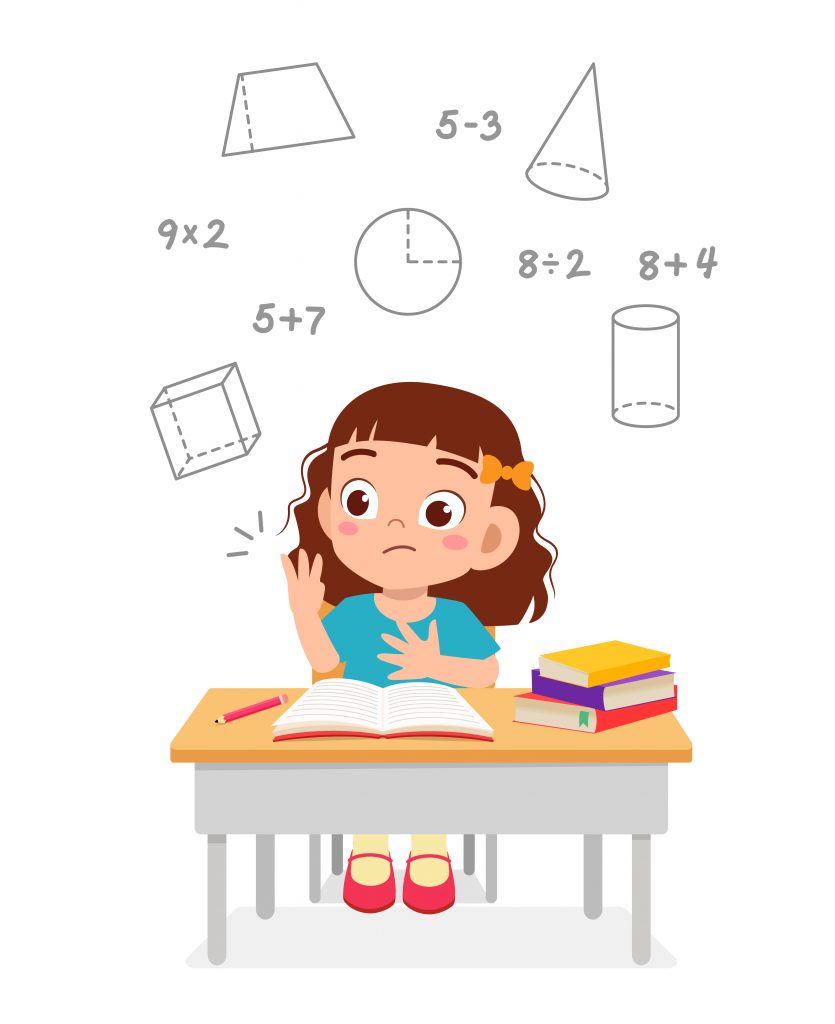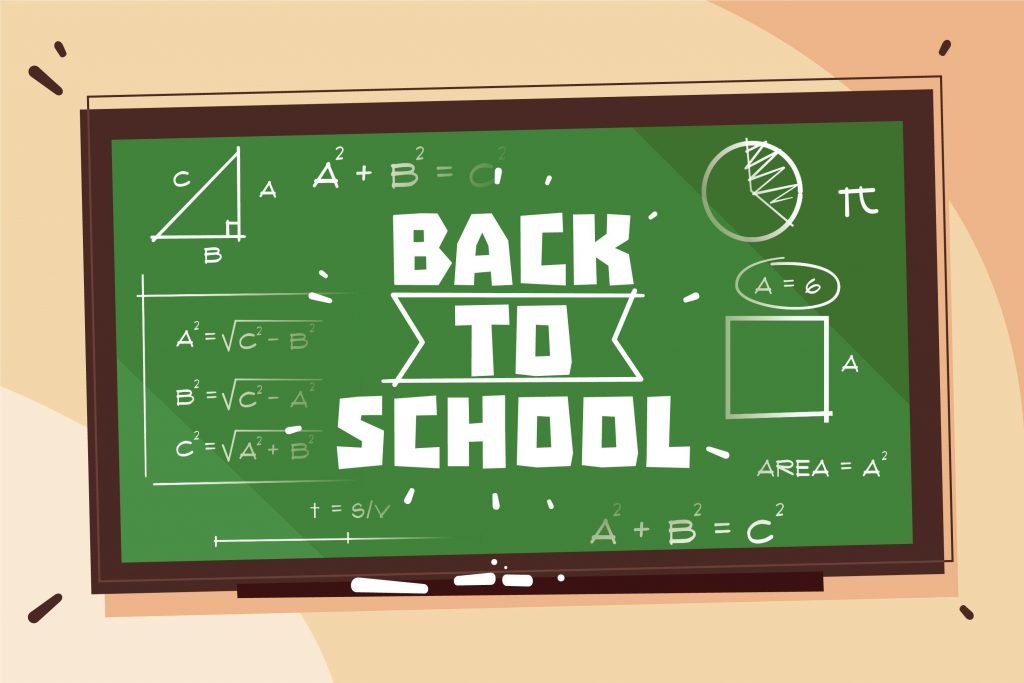
Why should we memorize math?
I’m astounded that some people consider memorization a universal evil because “We have the internet.” Multiplication tables are searchable in my notes or my device, but are in frequent use. Optimizing learning by memorizing the basics is time and energy well-spent for the long haul.
Here are some things – past and present – I have memorized:
- My office address
- My home and office landline phone number
- How to get from my house to the office
- A recipe for vegetarian chili that my daughter likes
- The zip code for my neighborhood in Santa Monica
Secondly, multiplication tables are “brains-on” practice using numbers. (That’s the mental equivalent of “hands-on.”) If I know that everything multiplied by 1 equals itself, not only is that the identity property of multiplication, but it also comes in super handy later when I am learning to solve equations. If everything multiplied by itself is 1, also everything divided by itself is equal to 1. Why? Because division is the inverse of multiplication.
So, if 4 x 1 = 4 then 4 ÷ 4 = 1
Memorization is Preparation.
Memorizing the basics, like multiplication tables, makes it convenient to understand and work on higher level math. Calculators take too long for something as simple as times tables, especially for completing timed assessments. Also, students are expected to begin algebra basics in Grade 5 and factor polynomials in middle school and high school. We need to have students automate such simple processes.
With many students learning from home during the pandemic, they need all the help we can give them. Becoming proficient and comfortable with math memorization may reduce the need for remedial math later.
Educators, visit our Teacher Resources site!
Buy games for the kids or Donate our games to a class or school for Fall 2020.

